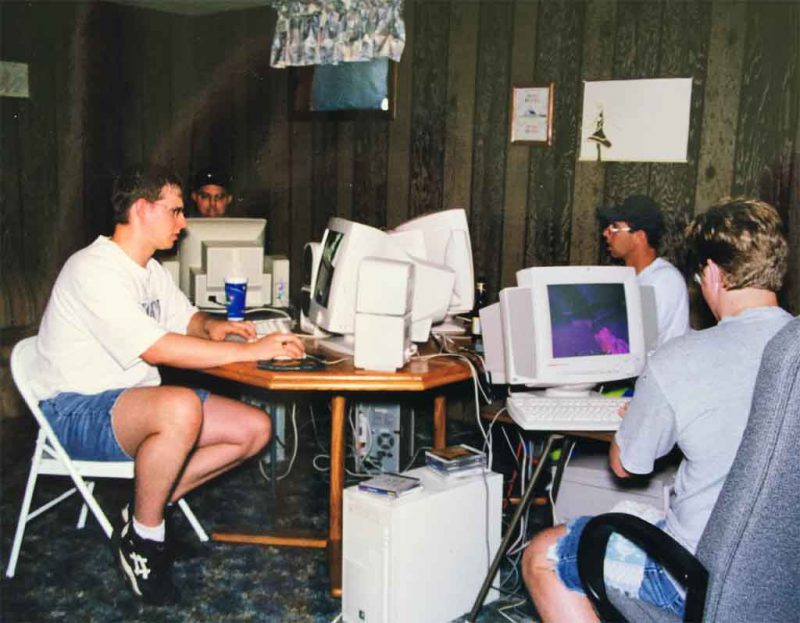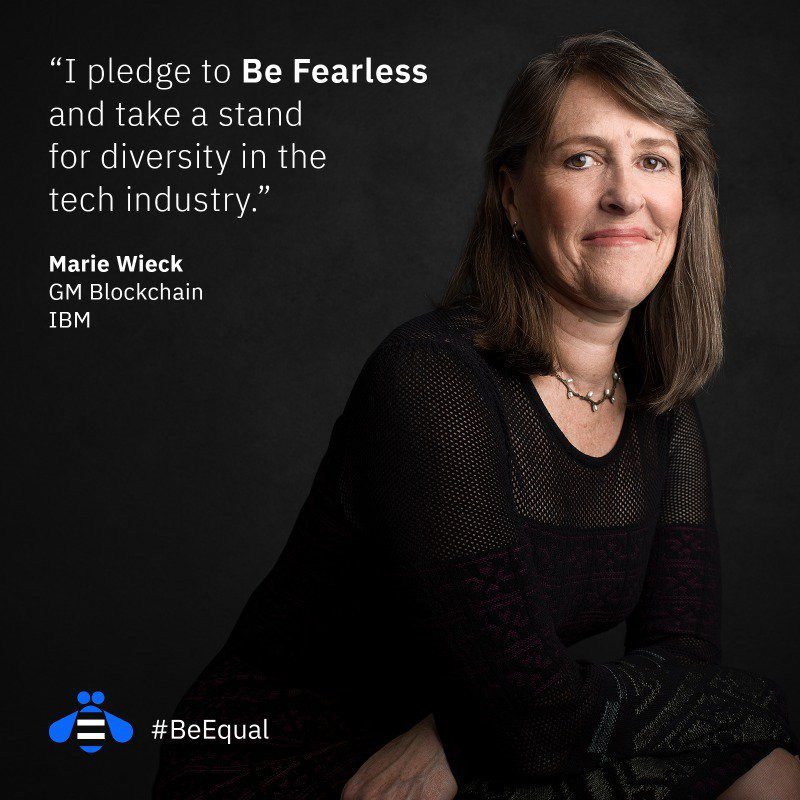Old Internet Beats Nu-Internet
When the internet dawned on the public, no shortage of pundits and science fiction authors wrote about this new space beyond nations and corporations, a Wild West in which anything could happen. It was a lovely vision.
Now we see how much fiction was involved, since the internet consists of a logical entity — how the networks work — but also a physical entity, namely the wires and servers that make the logical entity become real.
Were the internet to exist through telepathy, it might have been how William Gibson described it or Wired magazine praised it. Instead, the logical idea is an object, and the physical version is a picture of that object: tangible, frail, and owned.
The consequences of that ownership have gradually become clear as the internet has become exactly as controlled as the big television networks used to be. Sure, you could venture into UHF or community access cable, but most people stuck to the main three channels.
In the same way, the vast majority of internet traffic goes to a handful of companies — Facebook, Apple, Amazon, Netflix, Alphabet/Google, Spotify, Microsoft — and then a few hundred sites based in physicality, like old media or non-profit organizations.
This “nu-internet” serves as much to control information as the original internet hoped to liberate it. We are seeing an outbreak of “preemptive censorship” in which companies block, ban, or limit content that might provoke complaints from governments, NGOs, or citizens.
In other words, just like the Big Three channels, the nu-internet plays to bourgeois expectations: only happy content, affirming the normal lives we lead, supporting patriotic theories of how our democracy is the best regime, and supporting advertisers, of course.
We can see this play out through the ongoing censorship struggles at Facebook as they confront an audience that has turned against The Establishment:
Publicly shared posts have at the same time presented major challenges for Facebook as conspiracy theories go viral and the company struggles to enforce its rules prohibiting hate speech and harassment.
If the changes begin to emphasize private conversations, Facebook will have less work to do enforcing speech rules, said Antonio Garcia Martinez, a former Facebook manager. “That’s on ya’ll now,” he said in a marked-up commentary of Zuckerberg’s post.
Martinez also criticized social media as increasingly fake: “Nobody says anything non-performative publicly anymore.”
Perhaps the bigger point here is that social media has continued our descent into externalization. “Non-performative” means honest; “performative” refers to things that we do in order to make others like us, such as virtue signaling or attention whoring.
On social media, you are posting things in order to be judged by them, so that some discover that you are from one of the groups that they are in, and include you in their group. The whole thing is an exercise in acting, advertising, dramatizing, and social cliques.
For this reason, any kind of realism ruins the trip, because it brings in a world beyond the ego. People share this ego between self and social group, since the two are united by the same motivations, and this creates a “bubble world” of self and social group.
After WW2, “public image” became the new holy grail for most in the West. If you got a herd who supported you, your product or image would become part of the public mind, and you would then ride the wealth wave unless you did something outré enough to experience a fall from grace.
This happens every time the herd takes over. People become accustomed to manipulating each other and being manipulated because they live in a cultureless society where only commerce and politics remain.
For this reason, in the postmodern theory, every action including speech has two components: a public “text” — how it is meant to be interpreted by others, so that they do something — and a private “subtext” or the actual motivations, feelings, and judgments of the speaker.
Social media is pure text, or entirely designed to show off. You take pictures of your meal in order to tell the world that you are living the perfect, most interesting life ever. You upload pictures of your kids, beers, cars, homes, products, and political protests to do the same.
It is not “virtue signaling” versus honesty; all of it is social status signaling, including some of what people want you to believe is honesty. Everyone is like a flower in the field, pushing out its colors in the hopes of attracting a bee to spread its pollen.
Nothing distinguishes this from advertising, whether a hooker shoving her buttocks at passing cars or IBM advertising about how great diversity is:
This is the world that we have created with egalitarianism, because in a society where everyone is equal, all that matters is making lots of other equal individuals “like” you, just as they do on Facebook, Reddit, Twitter, and Instagram.
You need a personal herd — “followers” and “friends” — who will support what you do, or you are just another equal citizen hanging out in a place without purpose, values, heritage, culture, beliefs, customs, or really any point to its existence.
“On the internet, no one knows that you are a dog,” went the caption to an old cartoon. People took this seriously, and used the nu-internet just like they use makeup, credentials, money, power, and social status to conceal their sack-of-meat essence and seem important.
You only get to a civilization where social importance is essential when you have lost everything else. You could have had a real values system; instead you get an endless stage show, and Facebook et al. are merely the latest installation.
Society received just as much of a shock with the famous Nixon-Kennedy debate which proved how television would determine who would be the next president:
In 1960, John F. Kennedy and Richard Nixon squared off in the first televised presidential debates in American history. The Kennedy-Nixon debates not only had a major impact on the election’s outcome, but ushered in a new era in which crafting a public image and taking advantage of media exposure became essential ingredients of a successful political campaign. They also heralded the central role television has continued to play in the democratic process.
This was every bit as much an image exercise as the French Revolution. The proles were revolting because they were poor, but they were poor because they bred too many of themselves, and so they scapegoated the kings instead of accepting responsibility.
We see the same with the Left today. They blame the rich for the fact that many are stupid, incompetent, lazy, delusional, insane, and inept; they blame the Jews for the fact that Palestinians have an average IQ of 92 and therefore will always be poor; they blame the whites for the failure of diversity; they blame the flyover states for the fact that cities are unstable, anonymous, and neurotic and everyone there is miserable.
Since The Enlightenment,™ our history consists mostly of mobs of greedy people tearing down scapegoats, and then wondering why everything got worse. Should we really have pity for the idiots in Venezuela who voted in socialism, only to find themselves starving? Natural selection.
If we search our hearts, the Old Internet was better than the nu-internet. On the Old Internet, it was assumed that we were communicating, not displaying ourselves for approval. Forums, USENET, and IRC allowed direct talk about important issues.
Once image took over, in the form of photographs and video, as we see on image boards and social media, everything went out the window. We cannot blame the nu-internet for this; the eternal human monkey reared its head, as it always does.
We are going to get nowhere unless we tame that monkey. If we go to another galaxy, we will still have the same problems we do here, and those will hamstring and sabotage us before we achieve even a tenth of our potential.
Tags: censorship, facebook, image, internet, text versus subtext











